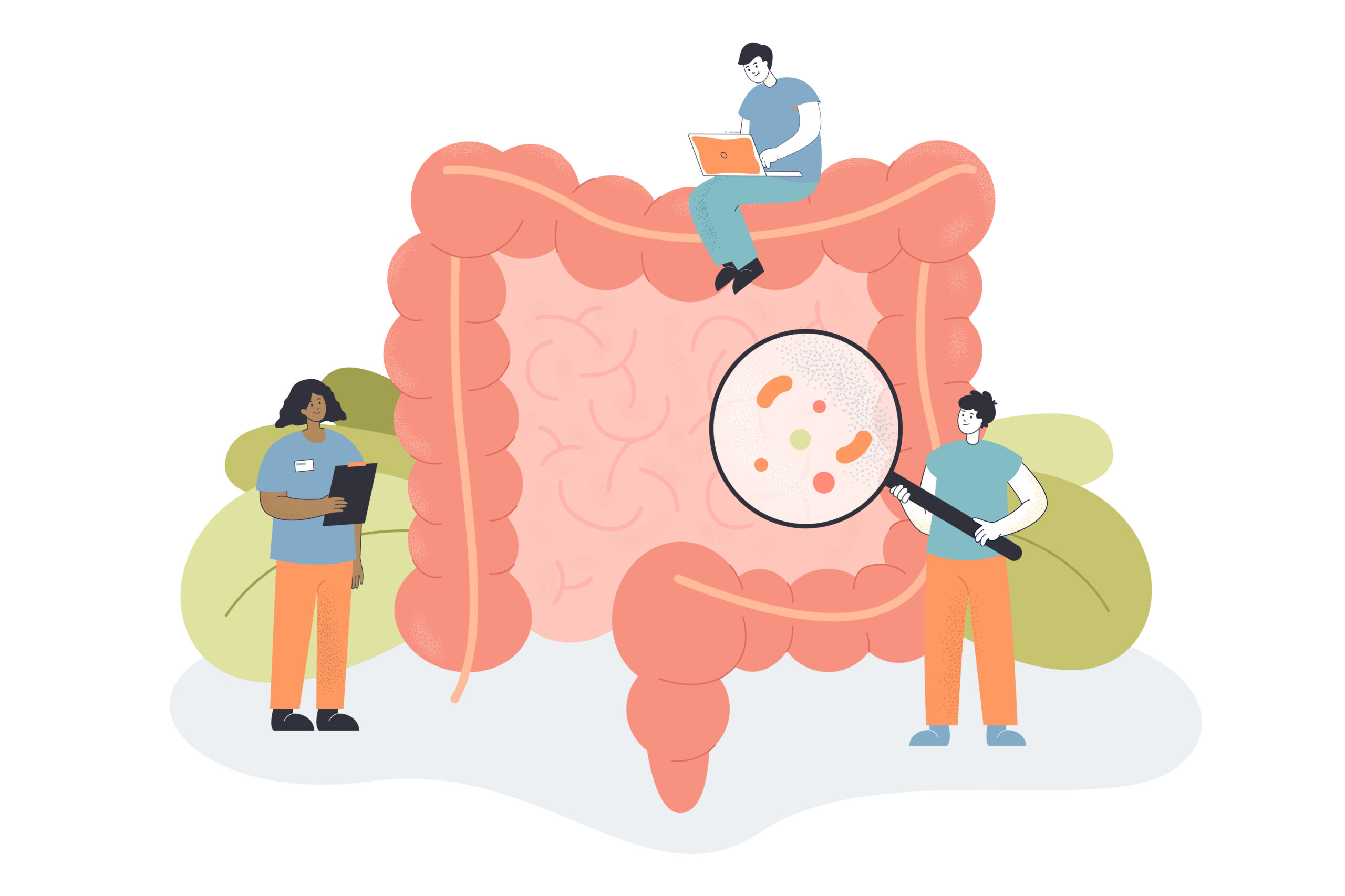Detoxifying or Dangerous? Why must you avoid Colonic Cleansing?
[Updated 2023]
In the pursuit of optimal health, many people explore various detox and cleansing trends. As a Gastroenterologist in Dubai, I frequently encounter questions about colonic cleansing, also referred to as colonic, colon hydrotherapy, or colonic irrigation. While the notion of purging toxins and enhancing digestive health may appear enticing, it’s crucial to approach colonic cleansing with caution.
In this article, we’ll shed light on the potential risks associated with this practice and explain why colonic colon cleansing is not advisable as a means to attain digestive wellness. If you’re concerned about your digestive health, consider alternative approaches like regular check-ups and screenings, which can provide a more reliable and safe assessment of your gastrointestinal well-being. Your digestive health is a vital aspect of your overall health, and it’s essential to make informed decisions regarding its care.
What is Colonic Cleansing?
Colonic cleansing involves the introduction of large volumes of water, sometimes mixed with other substances, into the colon through the rectum, often under high pressure. The aim is to remove accumulated waste, and toxins, and purportedly improve digestive function.
Why is Colonic Cleansing Dangerous?
Colonic cleansing is not something that you need to do to maintain the health of your colon, and it can also be potentially dangerous. And remember the hydrotherapists conducting colon cleanses are generally not medical doctors.
Here are a few important considerations:
· Disruption of the Microbiome: The colon is home to a delicate balance of beneficial bacteria that aid in digestion and support the immune system. Colonic intestine cleansing can disturb this balance, potentially leading to digestive issues and susceptibility to infections.
· Electrolyte Imbalance: One of the roles of the colon is to absorb water. The introduction of excessive water into the colon can disrupt the body’s fluid balance, leading to complications like dehydration, electrolyte imbalances, and even electrolyte-related cardiac issues.
· Perforation and Injury: The procedure involves inserting a tube into the rectum. Mishandling or incorrect insertion can result in injuries, including perforation of the colon, which can be life-threatening.
· Risk of Infection: Any time the body’s natural barriers are breached, there’s a risk of introducing harmful bacteria, leading to infections or sepsis.
Safer Alternatives of Colonic Cleansing
Instead of relying on colonic cleansing, consider adopting safer and evidence-based practices to promote digestive health. These include maintaining a balanced diet rich in fiber, staying hydrated, regular exercise, and consulting a healthcare professional for digestive concerns.
Consult a Healthcare Professional
If you’re worried you have an unhealthy colon, constipation, or other digestive problems, I would encourage you not to explore potential solutions for colon health by yourself. Come and talk to me in the clinic and we can explore your symptoms and concerns and come up with an appropriate solution together. And if you’re still considering colonic cleansing? Come and talk to me before proceeding. I can help you understand the potential risks, discuss alternatives, and provide guidance based on your individual health circumstances.
FAQs on Colonic Cleansing
Is a colon cleanse an enema?
A colon cleanse is not the same thing as an enema. With an enema, you use liquid to clean out your rectum and the lower part of your colon. The goal of an enema is to help stimulate your digestive system so you poop. The aim of colonic hydrotherapy is to clean out your whole colon, so it is more aggressive than a simple enema.
Is colon cleansing beneficial?
Colonic cleansing evolved from an ancient theory that the body poisons itself by retaining waste products. Removing fecal waste was believed to improve health. Advocates of colonic colon cleansing often claim benefits like improved energy levels, weight loss, and relief from constipation and bloating. Some even claim it can prevent diseases. However, there’s no scientific evidence to back up this theory, and scientific research on the benefits of colonic cleansing is limited and inconclusive. Many of the purported benefits lack substantial evidence, so it’s crucial to approach these claims with skepticism.
How do I know if I need my colon cleansed?
In short — you shouldn’t need to have your colon cleansed as the colon is equipped to cleanse itself. The lining of the colon is “non-stick” so over time it does not accumulate layers of poop and toxins like an old pipe. The idea that the average person’s colon needs to be cleansed has no scientific basis.
Conclusion
When it comes to your digestive health, it’s crucial to prioritize safe and evidence-based practices. While colonic cleansing might promise quick fixes, the risks associated with it far outweigh any potential benefits. Instead, focus on nurturing your gut health through proven methods and consult with me for personalized advice.
Remember, your digestive well-being is a journey that should be guided by science and expert guidance. By making informed choices, you can truly support your long-term health and wellness.

